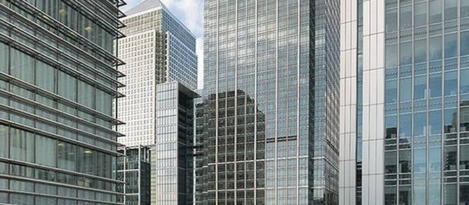July 20, 2016
Public health body calls for vaping rooms and extra breaks for e-cigarette users 0
 For those who recall the endless arguments about the rights of smokers and non-smokers that took place both before and after the ban on smoking in public places, the news that Public Health England has advised employers to set up vaping rooms for e-cigarette users will have a familiar feel. The governmental body claims that employers should make it comparatively easier for people to vape in an effort to persuade more smokers to kick their tobacco habit in favour of vaping, which it claims is 95 percent safer. While it acknowledges that smokers are commonly obliged to huddle outside buildings to indulge their habit, the advice suggests that being forced to vape outdoors as well only serves to “undermine their ability to quit smoking”. The advice suggests that of the 2.8 million people who now vape in the UK, the overwhelming majority are former smokers. However, although their habit is less harmful than tobacco smoking, employers treat both groups in the same way.
For those who recall the endless arguments about the rights of smokers and non-smokers that took place both before and after the ban on smoking in public places, the news that Public Health England has advised employers to set up vaping rooms for e-cigarette users will have a familiar feel. The governmental body claims that employers should make it comparatively easier for people to vape in an effort to persuade more smokers to kick their tobacco habit in favour of vaping, which it claims is 95 percent safer. While it acknowledges that smokers are commonly obliged to huddle outside buildings to indulge their habit, the advice suggests that being forced to vape outdoors as well only serves to “undermine their ability to quit smoking”. The advice suggests that of the 2.8 million people who now vape in the UK, the overwhelming majority are former smokers. However, although their habit is less harmful than tobacco smoking, employers treat both groups in the same way.









 SMEs that neglect to offer flexible work options may find their employees decide to switch to somewhere that does, according to a survey from
SMEs that neglect to offer flexible work options may find their employees decide to switch to somewhere that does, according to a survey from 
 Global law firm Osborne Clarke has released its fourth
Global law firm Osborne Clarke has released its fourth 
 The ethics of everyday working life are the subject of two new surveys. A study from job site
The ethics of everyday working life are the subject of two new surveys. A study from job site 
 In a new report
In a new report 
 The 21st Century has seen an explosion of self employment in the UK, and most people who have become self employed have done so for positive reasons, claims a new report from the UK Government’s Office for National Statistics. According to the
The 21st Century has seen an explosion of self employment in the UK, and most people who have become self employed have done so for positive reasons, claims a new report from the UK Government’s Office for National Statistics. According to the 
 In March,
In March, 


 The patience of British workers to put up with slow and malfunctioning technology lasts just sixty seconds on average before they lose their temper, according to new research from tech firm
The patience of British workers to put up with slow and malfunctioning technology lasts just sixty seconds on average before they lose their temper, according to new research from tech firm 
 A coalition of twenty major European telecommunications firms has come together to drive the rapid creation of a continent wide 5G network and warn national Governments and the EU of the dangers of over-regulation. The seven page document entitled the
A coalition of twenty major European telecommunications firms has come together to drive the rapid creation of a continent wide 5G network and warn national Governments and the EU of the dangers of over-regulation. The seven page document entitled the 










July 19, 2016
UK should avoid severe recession and property crash after Brexit vote 0
by Mark Eltringham • Comment, Knowledge, News, Property
(more…)